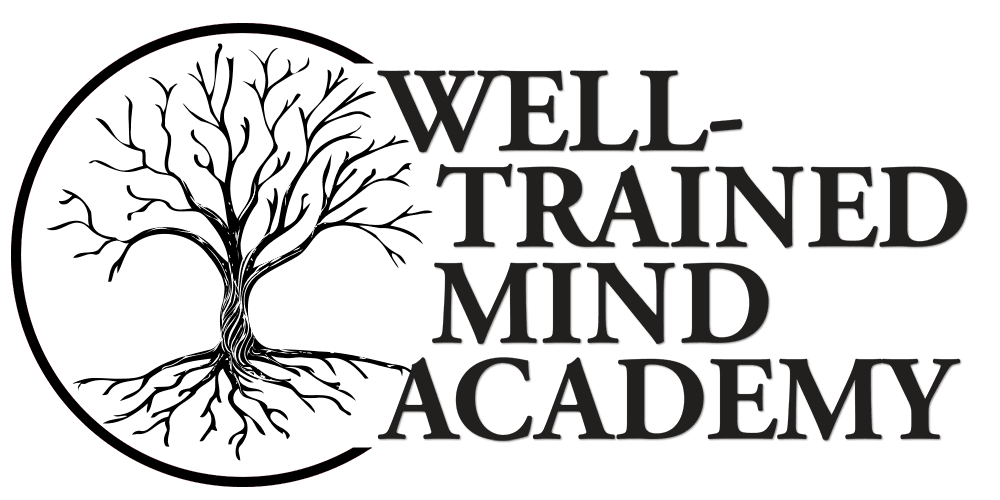What To Do When Your Child is Struggling in School

For most students in the United States, the school year is well underway. Daydreams have moved from going back to the beach to pumpkin spice everything and Halloween costumes. And just as scary as a haunted hayride or ghost-ridden corn maze can be dealing with a student that is struggling in school.
Don’t wait for a low grade on a progress report or a concerned email from a teacher to evaluate your student’s progress. Here is a list of things you can look for when checking in on your student’s educational health, as well as what to do if you notice a problem.
What should you look for?
Some red flags are easy to notice. For example, your student:
- Will do anything not to go to school, or start the school day at home.
- Cries every time work for a particular subject comes up.
- Argues with you about completing schoolwork.
- Is sick and says they can’t go to school, or do school work. In the same vein, your student has to go to the nurse at the same time every day (a time that coincides with a particular subject, class, or teacher).
Others are more subtle, and can slip under the radar:
- Your student becomes disinterested in a subject.
- Work for a particular subject takes a very long time. Alternatively, it takes an incredibly short amount of time (or perhaps the student says there is no work at all for that subject due).
- Your student stops talking about school.
- Your student generally seems distracted, or down.
Finding out the real problem.
There can be several reasons why your student is struggling in school. The issue could be intellectual, social, or even physical. As a parent, you want to figure out:
- Is the subject too easy, or too hard?
- Could there be an issue with another student in the class? Is your child being bullied?
- Is there a problem with the teacher?
- Could your student have a learning disability?
Your first two steps in tackling any educational issue should be talking to your student and then talking to the teacher. When talking to your student, you might mention that you’ve noticed a change in their behavior. Let them know that you’d like to help. Open-ended questions, and a reassurance that you are there to help and not to judge, will help the conversation.
Next, make sure the lines of communication with your student’s teacher are open. Read any emails the teacher sends, or letters sent home in your student’s backpack. If you suspect there is an underlying issue with the curriculum, social aspects of the classroom, or even with the teacher, schedule a conference. (For more on how to handle tough parent-teacher conferences, especially where you as a parent need to talk to a teacher about their behavior, check out Susan Wise Bauer’s Rethinking School: How to Take Charge of Your Child’s Education –in particular Chapter 7, “Basic Principles.”)
What to do next.
You are already taking great steps forward by noticing an issue with your student and making an effort to solve the problem.
- If you are homeschooling, and the issue is with the level of work in a subject, adjust your curriculum. One of the joys of homeschooling comes from flexibility; going up or down a level, or even changing the curriculum provider, is no big deal if it means that your student is interested and open to a subject. If your student is in an online class, talk with the teacher about switching your student to a different level. And if your student is in a brick and mortar school, meet with the teacher to see what extra help is available (or challenge work). You might also consider a tutor for a student struggling with a particular subject.
- When the issue is social, meet with the teacher as soon as possible and let them know your concerns. If the teacher isn’t able to solve the problem, perhaps you can switch your student into a different classroom, or in an online class, a different section of the same class.
- If you think that a learning disability might be the culprit, read this article by Susan Wise Bauer on getting your child evaluated.
Noticing that your student is struggling in school is the first step in helping them to solve their issues. The solution may not come easily. However, with continued attention and conversation, you will be able to help your student identify, and eventually solve, their educational problem.
